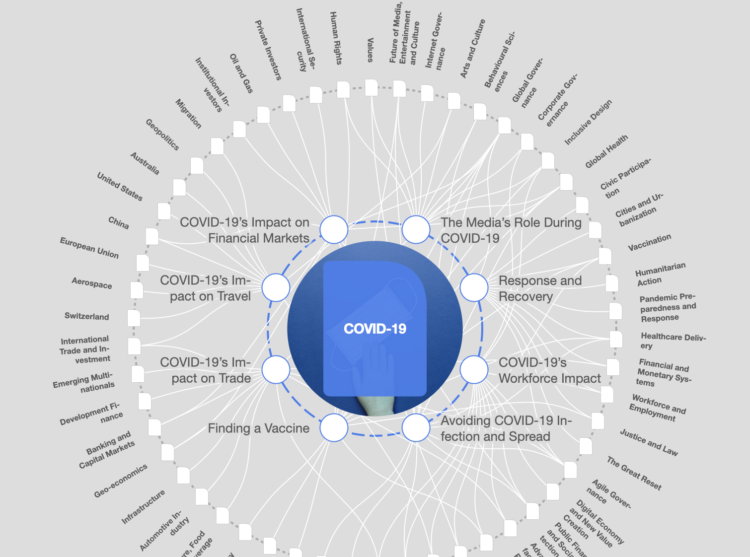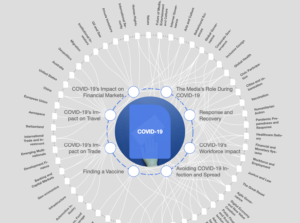
COVID-19 is a crucial test for corporate attitudes to sustainability
The COVID-19 crisis is likely to increase awareness that companies must consider societal needs and ethical standards, not just short-term profits. This is particularly important for companies seeking to retain the skillsets of their workers and politicians striving to avoid societal discontent.
 Another study found that following layoffs at a firm, the remaining employees saw a 41% decline in job satisfaction, a 36% decrease in organizational commitment and a 20% decline in job performance. Such numbers further point to long-term negative impacts on health and, as a result, skillsets.
Another study found that following layoffs at a firm, the remaining employees saw a 41% decline in job satisfaction, a 36% decrease in organizational commitment and a 20% decline in job performance. Such numbers further point to long-term negative impacts on health and, as a result, skillsets.
Studies prove that stock market outperformance depends on companies focusing on ESG factors that have a material impact on their business, such as waste reduction. In effect, the pandemic has highlighted concerns about the safety of secondary raw materials, the accumulation of medical plastic waste and the need for their proper disposal.
There are many good examples across the corporate sector. Euinor, Shell and Total have decided to invest in the Northern Lights project in Norway’s first exploitation license for CO2 storage on the Norwegian Continental Shelf. Total has also committed to become a net-zero emission company for all its European businesses by 2050. These cases should be applauded universally and used to motivate other companies to follow suit.
The best way to continue is to acknowledge that there is a need of maintaining a balance between ESG factors and strict corporate commitment to their resilience.
What do you think?